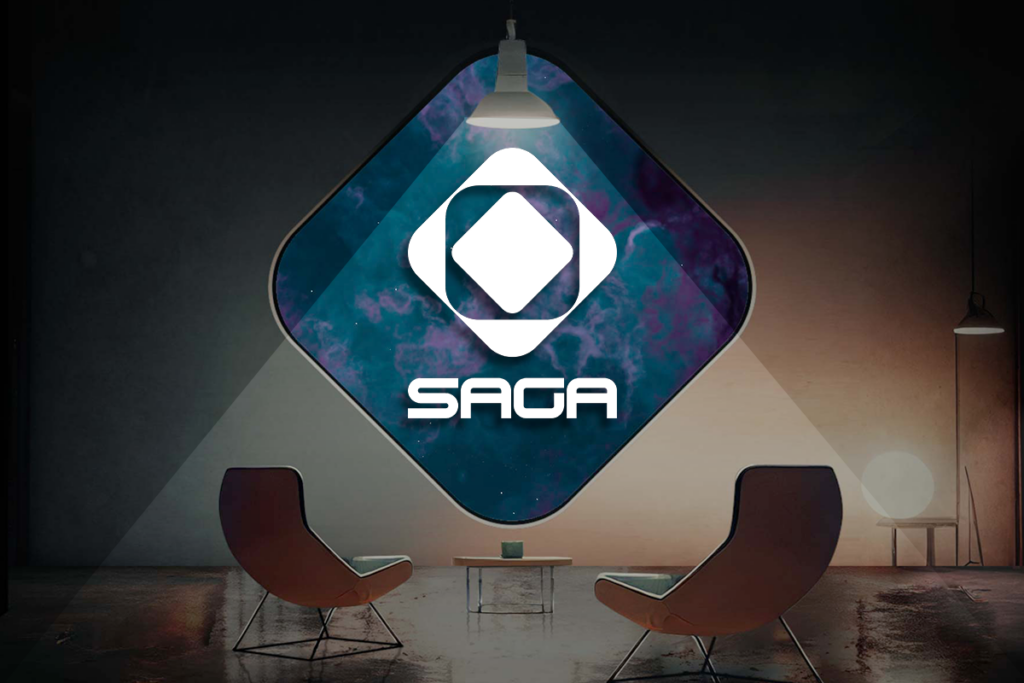Venture capital company Placeholder is leading a $5 million seed extension round for Saga, a system designed to assist Web3 game makers in starting their own blockchains.
Web3 Gaming Protocol Saga Announces Raising $5 Million Ahead of Mainnet Launch

Only a few months before Saga launches its mainnet in January, the investment takes the company’s total funding to $13.5 million. This is Placeholder’s largest pre-Layer-1 investment in a company from its portfolio.
In the wake of a year of steep price falls, this funding round is an indication that the cryptocurrency market is starting to recover. Rebecca Liao, co-founder and CEO of Saga, stated that in order to verify the technology, she anticipates transparency regarding the company’s post-launch user statistics. The Saga team decided that supporting user acquisition initiatives rather than developer subsidies was a more effective means of assisting teams in scaling, in part because of this.
We felt that that wasn’t a good way to really test whether you had product market fit. And so everyone who’s building on Saga is here without any promise of compensation.
Liao
About Saga Chainlet

Saga is intended to start programmable parallel chains called chainlets for every application, unlike protocols like Ethereum and Solana, which are single monolithic blockchains. Actually, the architecture that enables Avalanche subnets, and Polygon supernets already includes Saga.
When you have one chain, it doesn’t matter how fast the pipes are, how much compute you add to it over time—it’s still one chain. And so you’re bound to run out of blockspace. So the reason why projects like Polygon, Avalanche, and frankly other L1s, were starting to look to things like side chains, roll ups, app chains, is if you’re looking to add blockspace you need to add chains to your your existing chain in order to scale.
Liao
According to Liao, this scalability is crucial for drawing in creators of high-performance apps like gaming. She mentioned the significant developer traction, pointing out that Saga currently has close to 300 projects developing on its Pegasus testnet.
















1 Comment